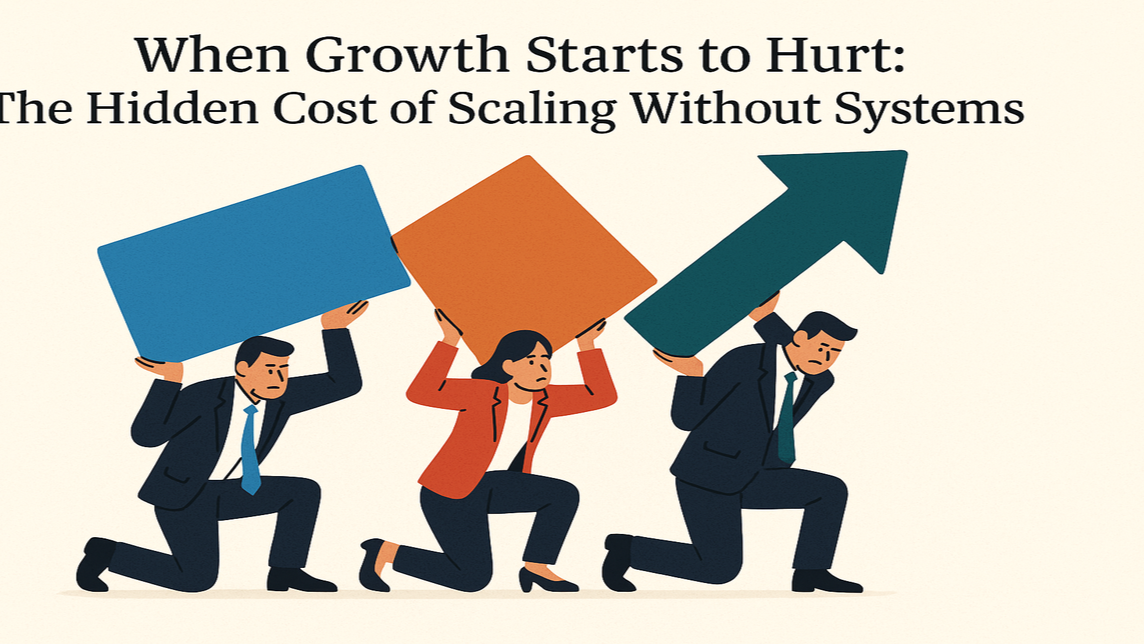"So, what do you do?
“So, what do you do? “
It is a question that is seemingly asked in any situation where you meet someone new. You could be networking at a social event, standing in a line for groceries, or meeting your partner’s second cousin once removed. For most people it is a fairly straight forward question. A car dealer says “I sell cars.” A teacher might say “I teach 10th grade English.” However, for the operations professional any response usually prompts more questions or worse, a blank stare. How exactly do you explain what you do when what you do defies all normal boundaries?
I normally say I’m in operations at an equity options brokerage firm (which brings with it a whole host of questions so I usually generalize it as “stock broker”). When people hear that, they ask me about the market, what I trade, etc. etc. etc. The truth is I haven’t seen what the market has done in weeks. I’m too busy assuring that the truck carrying a pallet of forms I ordered can fit into the loading dock, following up with my telecom vendor who is troubleshooting a direct line from Chicago to New York, and wrangling a daily import of data from multiple sources in different formats. If I get a break from that I might check the status of the account report I requested from a vendor, check in with my outsourced IT managed services provider to see if they have discovered the cause of the outage at the CEO’s home office, and then go through the mountain of reports piling up on my desk and in my inbox. If I am really lucky, I might actually get a chance to call the carpenter to see if he is ever going address the door that has been sticking open for a month, authorize checks for vendor services, and hopefully get back to planning capital projects for next year. This of course assumes that I’m not sidelined from any of this by an urgent billing issue, IT failure, or data retrieval/research request.
So that brings me back to my original question “what do I do?” For someone in operations, it is not an easy question to answer. Unlike a plumber, professor, or programmer, everyone has an idea of what operations professionals do, but very few people understand the magnitude of their responsiblity. The sales people are certainly convinced that my job is to make their lives harder. I am the one who tells them that the thing they just promised a client is possible, but expensive and will take at least a week to turn around. I am also the one constantly hounding them for paperwork and asking them to please write legibly for once. I can only imagine what the clients think since they mostly deal with the sales people. Meanwhile vendors just know a call from me means something is wrong, I want to renegotiate a rate, or both.
The truth is that I do whatever is necessary to make sure our representatives have what they need to service our clients. If they need a desk, a computer with a 100mbps connection, and a direct phone line to Manhattan then I handle facilities, IT, and telecommunications. If they need to know how much we billed X client last year, I do data analysis and billing. Operations is the science of knowing what needs to be done and the art of knowing how to get it done. Like Radar O’Rielly on M*A*S*H, I do whatever is necessary to keep the lights on and the supplies coming in so everyone else can do their jobs. An operations professional has to possess the logic and foresight to predict future demand yet be nimble enough to react when a plan doesn’t work out. Operations professionals keep things moving.
At one point I decided the best way to answer the question “So, what do you do?” was to say that I do everything except trade but that only led to more questions. So, for now, I will just say “operations” and accept the blank stares. I have a vendor holding on 2 and I just heard someone yell my name from across the room. I don’t have time to explain it further… Sorry, I have to run!













